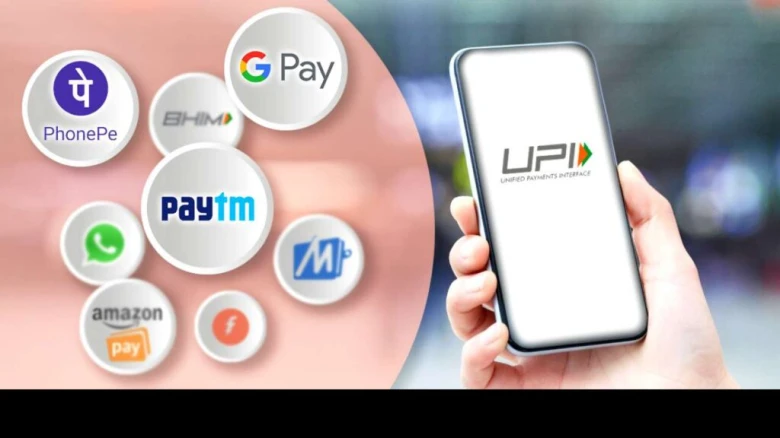Sports

It’s best practise to regularly change your UPI pin, just like you would with ATM pins. If you unintentionally shared the pin with someone, this also protects you against fraud.
Digital Desk: The State Bank of India (SBI) has given some important advice to raise awareness about cyber security and safer UPI transactions. The National Payments Corporation of India created the Unified Payments Interface (UPI), an immediate real-time payment system, to make money transfers completely cashless and paperless. The adoption of UPI has propelled India into the digital age by enabling transactions to be completed with a single click.
But convenience also entails obligations. UPI transactions are simple to operate, yet a little negligence might result in weaknesses. Therefore, you should always be on guard against cybercrimes, frauds, and scams using UPI transactions. SBI has used Twitter to advise on safer transactions to spread awareness of the same issue.
Let's look at the UPI security advice provided by SBI to make UPI transactions more secure and safe.
No UPI Pin is needed while receiving a payment
It is not necessary to enter a UPI PIN if you are receiving money over UPI. For those who are unaware, the UPI PIN is the number you must input each time you transmit money to a recipient to complete a transaction. So, if someone requests your UPI PIN while you are receiving money, be on the lookout.
Always check the recipient's identity before sending money
Check the person's identity twice before sending a UPI payment via a phone number or QR code. Never use a phone number or QR code to send money via UPI to an unknown recipient.
Do not accept random or unidentified collect requests
When a user wants to request money, fraudsters will occasionally utilise the UPI app's "collect request" option. People frequently react to the request under the impression that they will receive money, but they send the enormous sum to the scammer.
Never divulge your UPI PIN to anyone
The first line of defence for your safety pin is your UPI PIN. Never divulge it to anyone else.
Always double-check the beneficiary information when using a QR code for payment
Nowadays, using QR codes to make UPI payments is commonplace. Everyone, from store owners to taxi drivers, posts a QR code to accept payment. However, occasionally, thieves covertly paste their QR codes on the posters to con tourists and even shops. As a result, before sending a payment, always double-check the recipient's name and contact information.
Change your UPI pin frequently
It’s best practise to regularly change your UPI pin, just like you would with ATM pins. If you unintentionally shared the pin with someone, this also protects you against fraud.
Leave A Comment